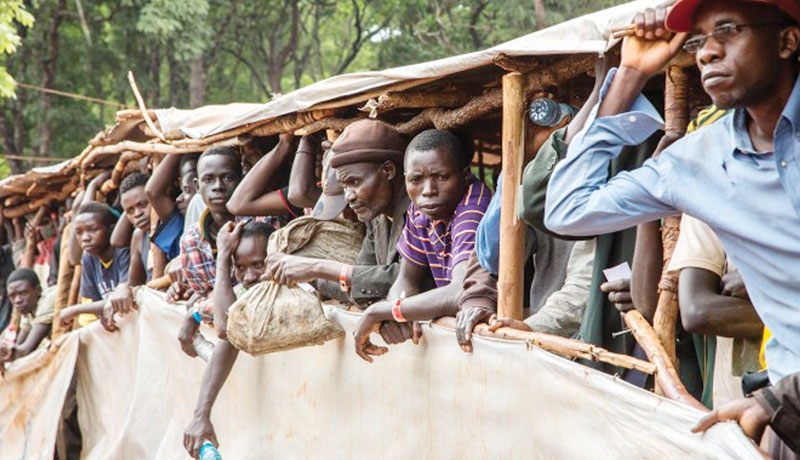“The lists of Burundian refugees to be repatriated from Tanzania were not yet ready for October 1st. and the first convoy is therefore postponed to October 3rd,” says Nestor Bimenyimana, Director General of the repatriation and rehabilitation department in the Ministry of Home Affairs.

The first convoy of Burundian refugees will be repatriated from Tanzanian from October 3rd
On August 23, the Burundian and Tanzanian governments agreed on the repatriation of all Burundian refugees sheltered in Tanzania from October 1st.
Mr. Bimenyimana says at least 1000 Burundian refugees would be voluntarily repatriated in the first convoy. According to him, the Burundian and Tanzanian governments agreed to reach a satisfactory repatriation as “some people were thinking that the process was suspended.”
On 28 March 2018, the Burundian and Tanzanian governments as well as the UNHCR agreed to repatriate 2000 refugees per week with 1000 refugees per convoy.
However, as says Mr. Bimenyimana, the agreement wasn’t respected.
Officials from both countries decided to make another agreement, he says, adding that the Burundian government is ready to receive about 15,000 irregular Burundians sheltered in Tanzania. “The host country must expel them and they don’t have any other choice except returning home,” he says.
Nestor Bimenyimana also says that the UNHCR agents are identifying and registering of all Burundian refugees living in Tanzania who should be repatriated. “It’s a voluntary repatriation. We don’t force anyone to register,” he concludes.
Since Burundi plunged into the crisis back in 2015, UNHCR reported 343,233 refugees living in the neighboring countries as of 31 August 2019. Tanzania shelters 182,966 Burundian refugees. Rwanda is home to 71,490 refugees, the DRC and Uganda have respectively 45,336 and 43,441 refugees.
From September 2017, UNHCR has assisted both governments of Burundi and Tanzania to repatriate over 74,600 people.



















 IWACU Open Data
IWACU Open Data

